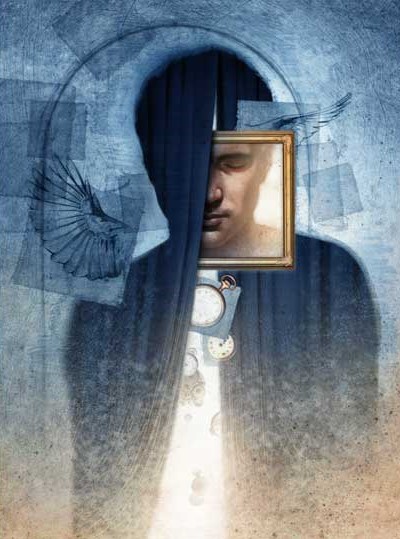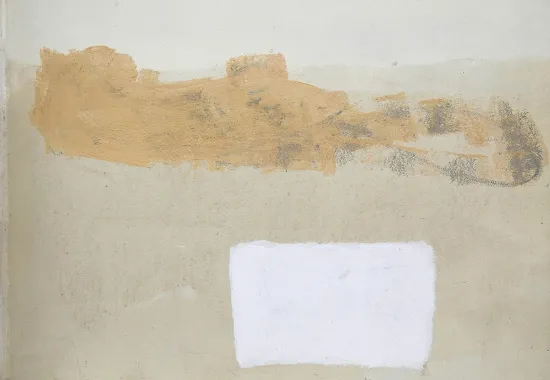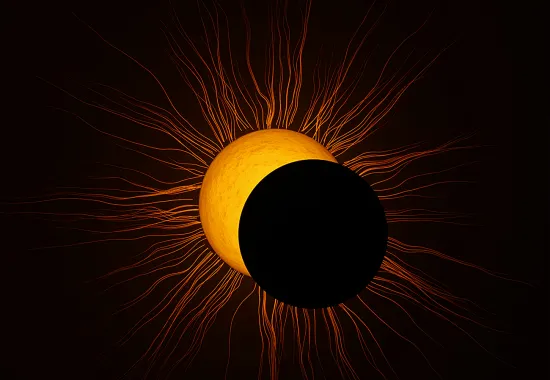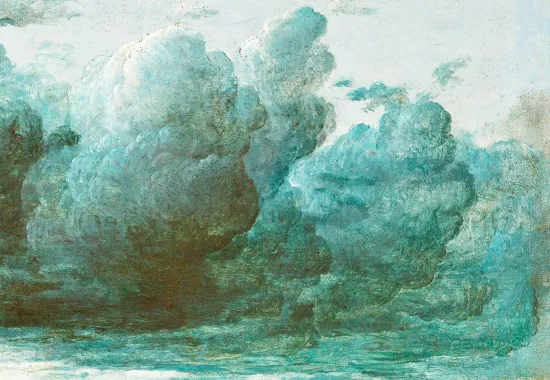What the Father Gives the Son

I was fortunate to be born into a family that emphasized the importance of story.
The first story they told me was my name. Next came my great-grandfather cutting watermelon into quarters as he and my father walked a field in Kentucky. Then came my mother running and jumping on the basketball court, powerful and balanced.
Growing up, my little brother, Nathan, and I shared a room. Both Dad and Mom would come and read to us. They sat on the floor between our beds until one, or both, of us fell asleep to the cadence of their voices. When we moved to Pennsylvania fifteen years ago, Nathan and I were given our own rooms. Every night I made the short pilgrimage down the hall and crawled into the twin bed with Nathan as Dad read Harry Potter and the Goblet of Fire. Even when I was old enough to read the rest of the series by myself, I would still come and sit by the bed so Nathan and I could talk the next day at breakfast about the spells and creatures we’d listened to the night before.
Coming of age in the rural culture of Appalachia, the people I found most interesting were those who could give me stories about the mountains and rivers that surrounded my home. These narratives rooted in place helped create an attachment, and consequently the desire, to celebrate my region. Having a father who is a practicing poet—my classmates and teachers tilted their heads when I announced this in third grade—showed me that it was possible to tell stories that others would read.
When I spend time with Dad picking blackcap raspberries, shooting baskets in the driveway, and walking up the water gaps that spill from the Allegheny Front, we discuss poems, possible fiction pieces, how art is necessary, and what it might represent. These kinds of conversations helped prepare me for my first year in the MFA program at Indiana University where I was asked to think about what I wanted my poetry to reveal and highlight.
I again return to how fortunate I was to be born into my family. After completing a draft of a poem at ten or eleven at night I call home to Tipton on FaceTime. I’ll read the poem to Dad who will say, “How about you send it over and we can look at the line breaks.” We’ll talk for twenty minutes and I’ll go to bed. Then after class the next day I’ll send him another draft and we work again. I have daily access to an editor who loves me so much he can tell me a poem has no hope, and I’ll have no fear in sending him another.
I only wish at this point I could help him with his poems. He brings me his early drafts, and I have nothing to say, other than I wish I could’ve created that image, or found a title that fit that well.
As I look forward into our now intertwined writing careers, I try and imagine when I will begin to repay him for all the work he has done for me. When I’m thirty and he’s sixty? Forty and seventy? Even then?
Recommended
Mercy
Eclipsing
Psychic Numbing






